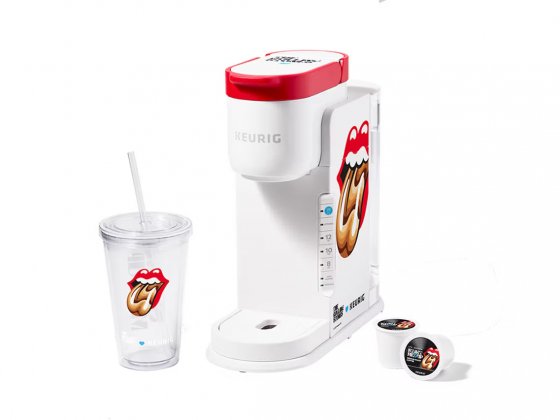The British-Dutch consumer goods manufacturer is radically revising its brand portfolio - tea brands are in question.

Unilever is conducting a strategic review of its more than 400 brands, and a possible outcome of this review is the sale of its own tea companies, the most famous of which is Lipton.
Annual sales of Unilever's tea business are estimated to be in the order of $3.3 billion. At the same time, two-thirds of all tea produced is black varieties. This is what can cause the sale of all tea brands. The fact is that consumers in recent years prefer to drink less and less black tea, preferring herbal varieties or green tea, which are considered more beneficial to health.
The prospects for the development of the tea market now lie in the area of offering new flavors and using a variety of herbal ingredients. And Unilever has attempted to increase its footprint in these categories, as evidenced by its purchase of organic herbal tea maker Pukka Herbs and acquisition of the Tazo Tea brand from Starbucks in 2017. But the volume of black tea brands in the company's portfolio is still too large and this negatively affects the development of the entire tea area.
Unilever analysts believe that the rejection of black tea this is not just a short-term change in tastes, but a long-term trend that is likely to continue for many years to come. Thus, the company does not see the prospects for the development of this line of business and is considering the possible consequences of its full or partial sale.
Unilever has previously dismissed speculation that tea production could be phased out, but the announcement of a strategic review of this segment suggests that the company now intends to seriously consider this option and does not consider it possible to further invest in the development of the tea business.










